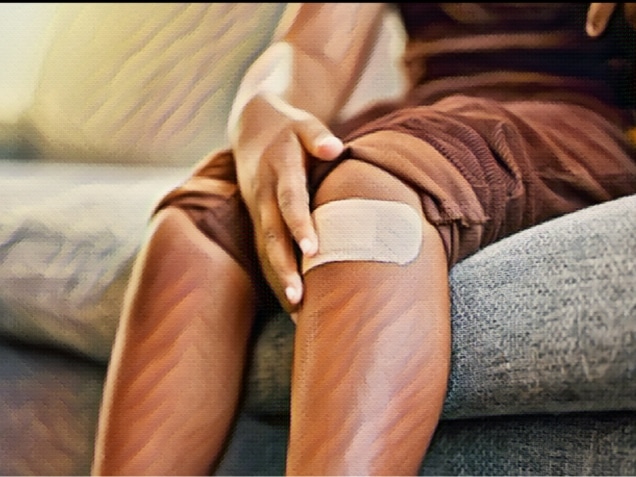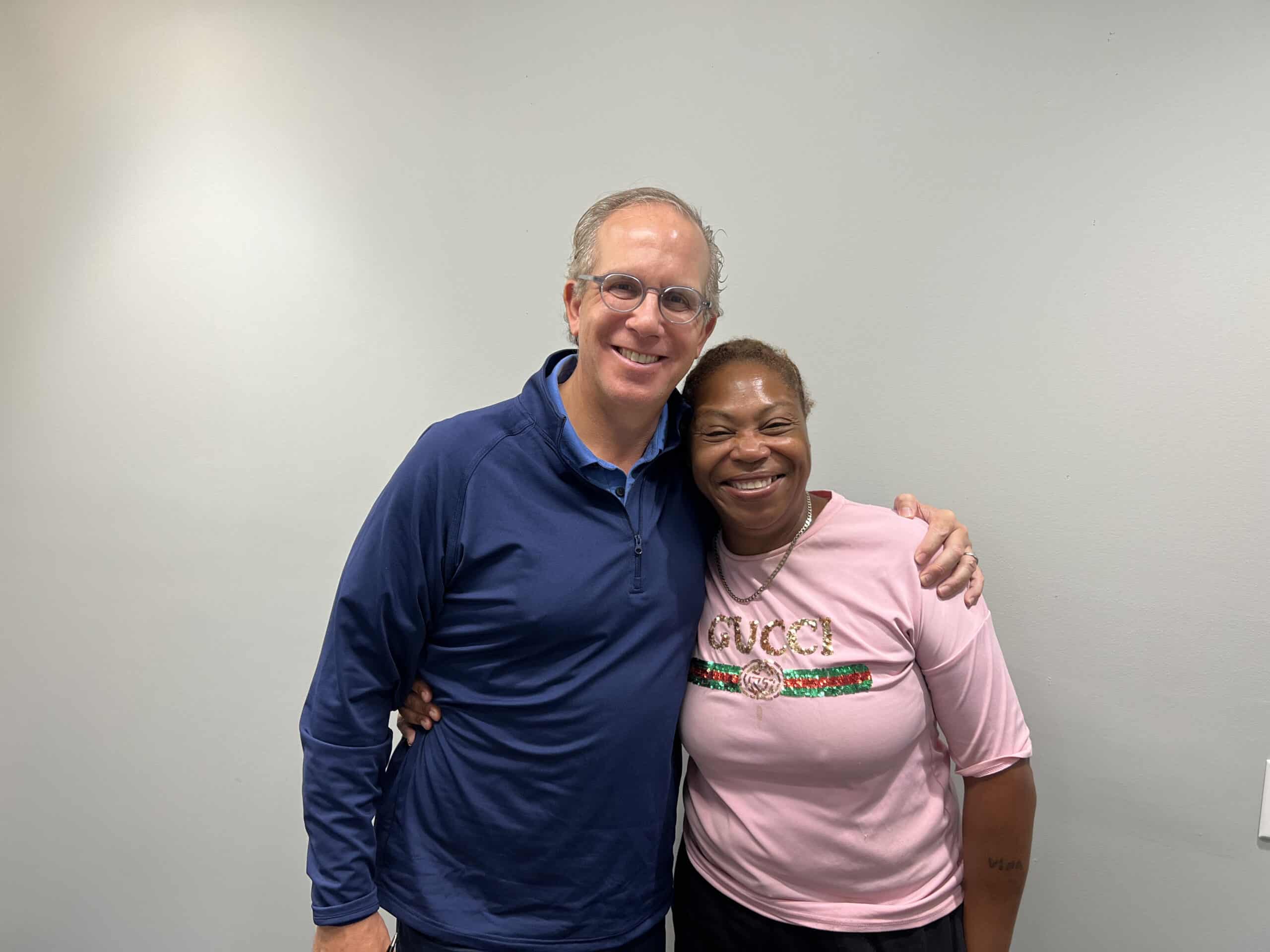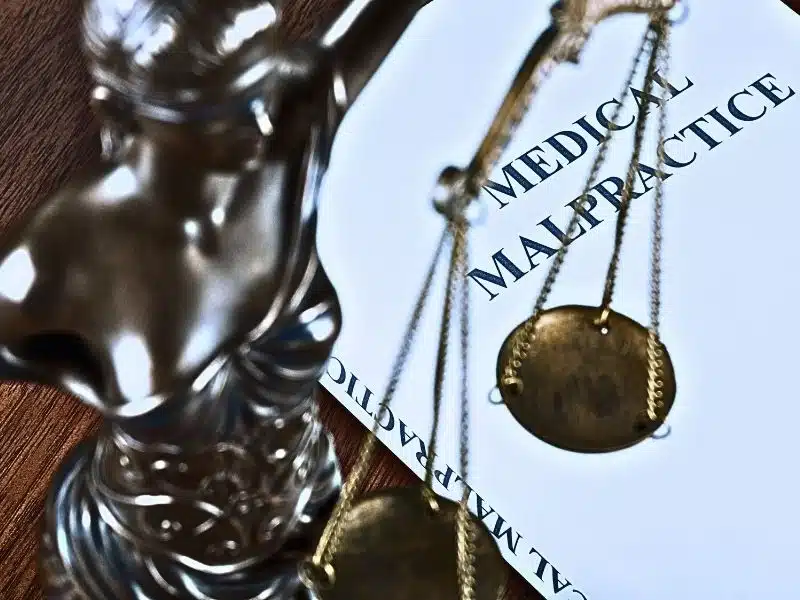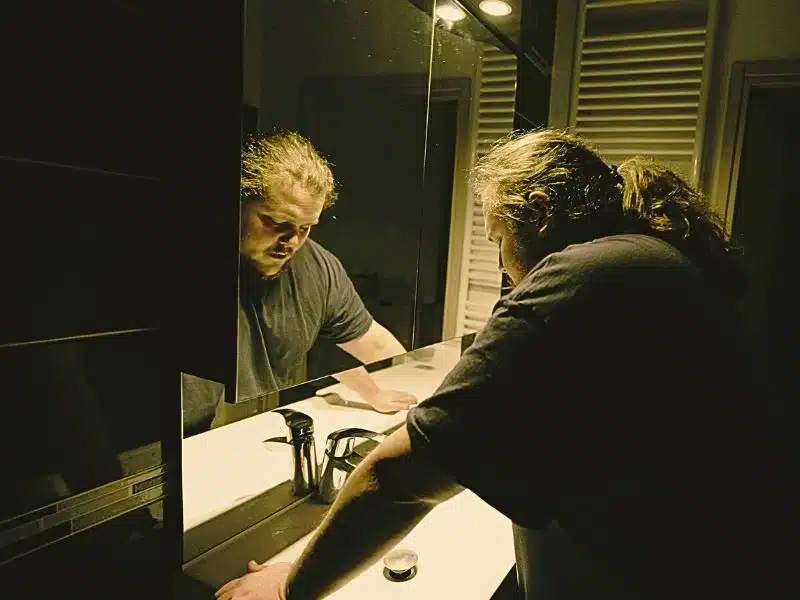You may have a personal injury claim for a child if someone else’s negligence harmed them. Parents, guardians, or, in some cases, other immediate family members may file the claim on behalf of the child.
Personal injury accidents can happen to anyone and anywhere. As much as we want to keep our children safe from harm, unfortunately, in some situations, the victim of a personal injury accident is a child.
Sources of Personal Injury Claims for a Child
When kids visit friends’ houses or play on the playground, it’s not uncommon to have the occasional minor cut or bruise that comes from playing. But some types of personal injury accidents pose a greater risk for children and teens, such as:
- Birth injuries
- Car accidents
- Traumatic head injuries
- Swimming pool accidents
- Dog bites
- Dangerous and defective toys and other children’s products
- Attacks
Filing a Personal Injury Claim For a Child
When negligence injures or kills a child, several legal nuances come into play. For instance, a person under the age of 18 is generally prohibited from filing a lawsuit on his or her behalf. A personal injury lawsuit (such as a dog bite liability claim) must, instead, be filed by a parent or legal guardian. Any monetary damages obtained through a settlement or verdict will be held in trust for the child’s benefit.
If a personal injury accident kills a child, the parents, or legal guardian may have a wrongful death claim against the negligent party. In these cases, the court usually appoints a family member as a representative to act on behalf of the deceased child’s estate. The representative of the child’s estate will seek money damages and distribute to or hold them in trust for siblings, parents, and other family members.
Money damages may be available for the following:
- Medical bills
- Funeral expenses
- Loss of future income and benefits
- Loss of “society” (i.e. loss of love and support that the child would have contributed to the family)
- Emotional distress
- Pain and suffering of the decedent prior to death
- Punitive damages (if defendant’s actions were intentional)
Like any personal injury claim, there are strict deadlines – or statutes of limitation – on when a lawsuit must be filed. The statute of limitation varies depending on the underlying cause of the child’s death and applicable state law. The Illinois personal injury statute of limitations provides that you need to file a personal injury claim for a child within two years from the time that the claim “accrues.” In this context, a claim accrues when whatever gives rise to the claim or claims ends.
The Illinois wrongful death statute of limitations requires representatives to bring the wrongful death lawsuit within two years from the date of the child’s death. Exceptions may apply, but best practice is to contact a Chicago child accident attorney sooner rather than later. If you miss a deadline, you may not be able to bring the personal injury claim for the child.
How a Chicago Child Accident Lawyer Helps Increase Your Chances of Winning Your Personal Injury Claim for a Child
Pursuing justice for a child who was killed by someone’s wrongful actions is no small feat without the help of an attorney. The mental, emotional, and even physical toll that it can take on you can be quite high.
Having a Chicago child injury attorney at your side may help ease your burden. A Chicago child injury lawyer may help you understand your rights, including what deadlines apply to your case.
An experienced wrongful death attorney can provide other invaluable legal services during this trying time, including:
- Investigating your claim
- Gathering evidence
- Communicating with third parties on your behalf
- Representing you in court or settlement negotiations
The Chicago child injury attorneys at Ankin Law are dedicated to helping families obtain full and fair financial recovery following the injury or death of a child. We will take the time to listen to your concerns, assess any possible causes of action, and advocate on your child’s behalf to obtain maximum compensation.
If your child was injured or killed as a result of negligence, do not hesitate to contact our office at (312) 600-0000 to schedule a free consultation with one of our compassionate Chicago child injury lawyers.











